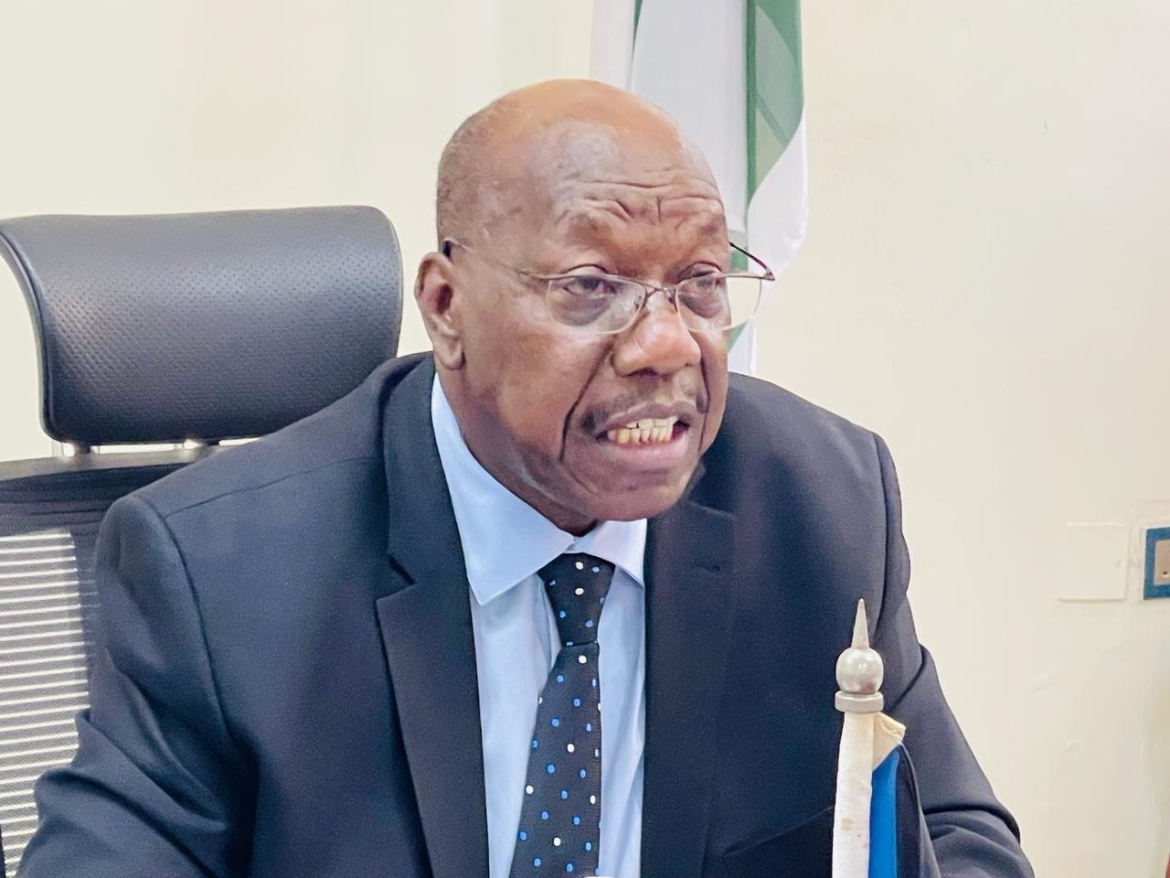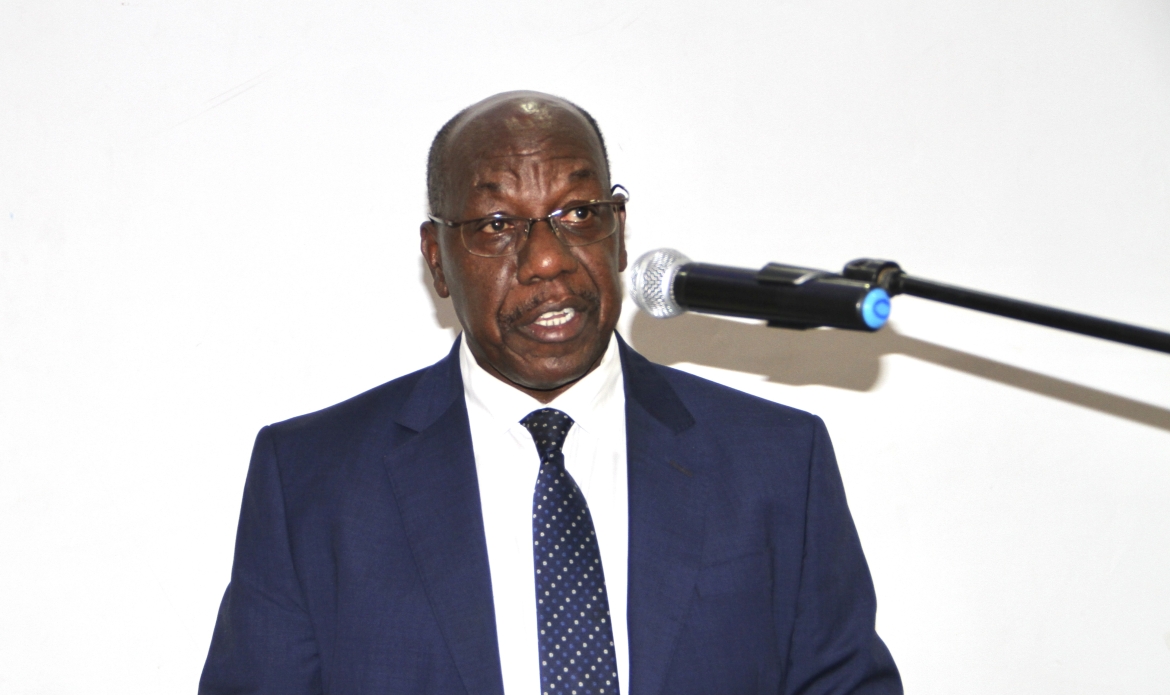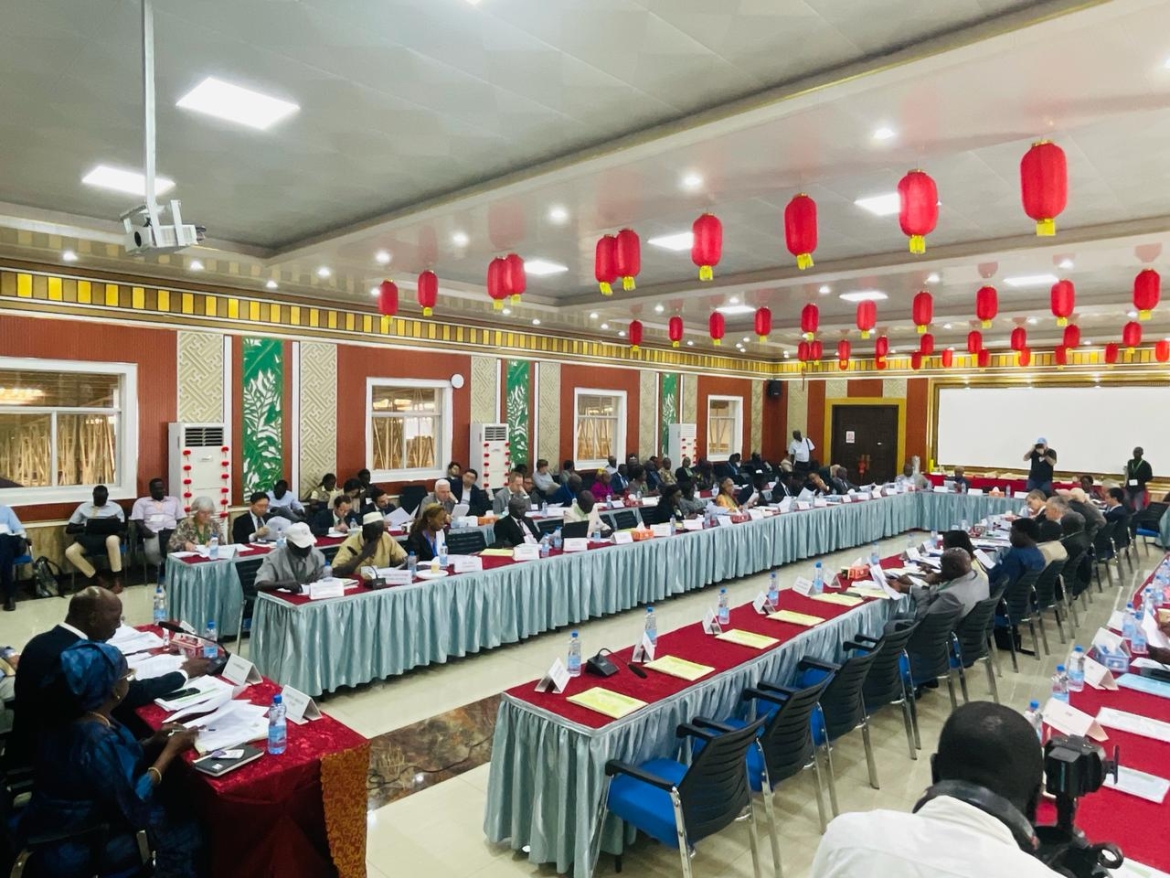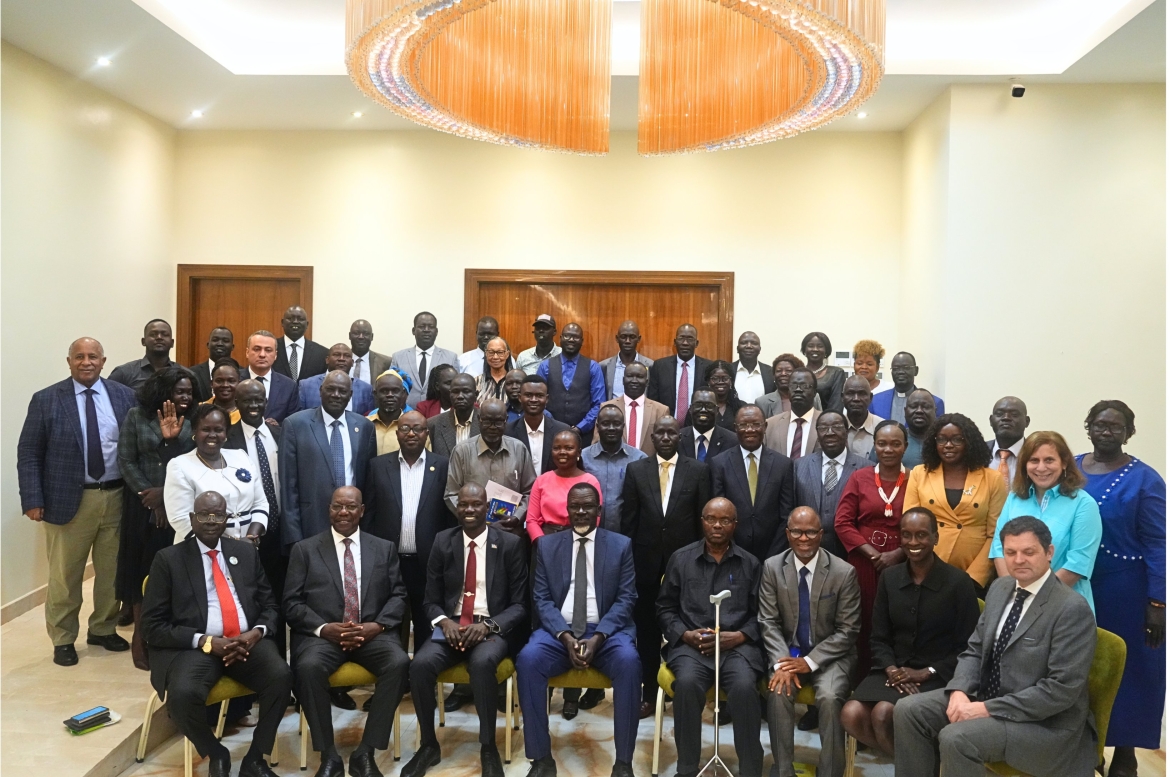Three Years of the RTGoNU: Unity of purpose to lead the country to enduring peace through implementation of R-ARCSS
BY AMB. MAJ. GEN. CHARLES TAI GITUAI
Formed in February 2020, the Revitalised Transitional Government of National Unity (RTGoNU) is now entering its fourth year of work. The peace agreement, the Revitalised Agreement on the Resolution of the Conflict in the Republic of South Sudan (R-ARCSS), was signed almost 4 ½ years ago, in September 2018.
This is quite an achievement if we cast our minds back to the previous peace agreement, the Agreement on the Resolution of the Conflict in the Republic of South Sudan (ARCSS). Then, in July 2016, armed conflict broke out in South Sudan within one year of signing of the 2015 Peace Agreement, and barely two months after the first coalition government was formed. In this light, the contrast with today is notable, and is an indicator of comparative success.
To be more specific, the achievements of the Agreement to date include the establishment of a coalition government, the establishment of the RTGoNU (executive and legislature) at both national and states level, the substantial work done by the National Constitutional Amendment Committee (NCAC) in preparing laws to govern the security, political and economic spheres of life, and the completion of Phase 1 of the unification of forces, as well as the unification of high / top level command. Furthermore, the fact that the Constitution Making Process Act 2022 was assented to by the President of the Republic of South Sudan in December 2022 is noteworthy, as it is a key step in the constitution making process, a very significant process for the people and future of South Sudan.
But success is something that must be built on for peace to really take root and become permanent, which is what the Revitalised Peace Agreement is intended to do. The Transitional Period, and therefore the entire agreement, was to have expired at the end of 22 February 2023. Instead, as I wrote on these pages in September 2022, it has been extended until February 2025, after elections due in December 2024.
The reason is slowness and delays. In 2021 and early 2022, it was becoming increasingly clear that insufficient progress had been made in implementation. Therefore, RJMEC, as the official monitor of the Revitalised Agreement, requested the RTGoNU to set out its strategy on achieving its tasks within the timeframe remaining. Accordingly, the RTGoNU developed a Roadmap in August 2022, setting out how it will manage the remaining tasks, which included an extension of the Transitional Period by 24 months. RJMEC also keeps a close eye on progress in implementation of the Roadmap.
The Roadmap, a very detailed document telling us what needs to be done, and by when, is in place and is owned by all the Parties to the RTGoNU. Unfortunately, deadlines are already being missed. Many challenges have been present, particularly in the Transitional Period. Those challenges include the lack of adequate and predictable funding from the RTGoNU, insufficient political will and sense of urgency from the leadership of the parties, trust deficit amongst the Parties to the Agreement, capacity gaps, military defections and escalating levels of subnational violence. The levels of subnational violence is of great concern, and the return of IDPs and refugees is hampered by the lack of basic services, the lack of food and non-food items in the return areas, floods, and insecurity.
A combination of these challenges has hampered progress, and today, critical pending tasks include the redeployment of the graduated forces and commencement of Phase II of the Unified Forces, the funding and operationalisation of Disarmament, Demobilisation and Reintegration (DDR) programmes, the establishment of the Special Reconstruction Fund and Board, and the operationalisation of reforms in the resource and financial management sectors to ensure greater transparency and accountability. Furthermore, the establishment of the three Transitional Justice mechanisms is pending, as is the operationalisation of all the mechanisms for the permanent constitution-making process and commencement of their activities.
Now, as we take stock of the three years of the RTGoNU and look ahead to the 24-month extension which begins today, it is clear that much remains to be done if the goal of credible elections, supported by an inclusive constitution-making process, is to be achieved. These outcomes also depend on the meaningful provision and guarantee of the civic and political space for the people of South Sudan to participate actively in their governance.
Citizens need to see a renewal of the unity of purpose within the RTGoNU to work collectively to lead the country to enduring peace through implementation of the Peace Agreement and the Roadmap, thereby renewing public confidence in the peace process. Regular and ongoing meetings of the Presidency will help to address key issues and delays hindering implementation of the Agreement, thereby demonstrating greater political will to a population thirsting to see it.
The Ecumenical Peace Pilgrimage in early February was a milestone visit, conveying messages of hope and peace. This pilgrimage quoted John 17:21: “I pray that they may all be one,” which is indeed a timely and important message, given the stage that implementation has reached now, and how much there is left to be done.
As the country enters the extended 24 months of the Transitional Period, the spirit of forgiveness among the leadership of the RTGoNU is required, and it was encouraging to hear the President of the Republic of South Sudan, H.E. Salva Kiir Mayardit, at the recent International Conference on Women’s Transformational Leadership in Juba talk of “enabling women to realize their full potential and capacity to lead and contribute nation building.” This, as well as the determination to succeed on behalf of the people of South Sudan, make excellent guiding principles, so that South Sudan “may all be one”, as His Holiness the Pope prayed.
The author is the Interim Chairperson of the Reconstituted Joint Monitoring and Evaluation Commission (RJMEC)





